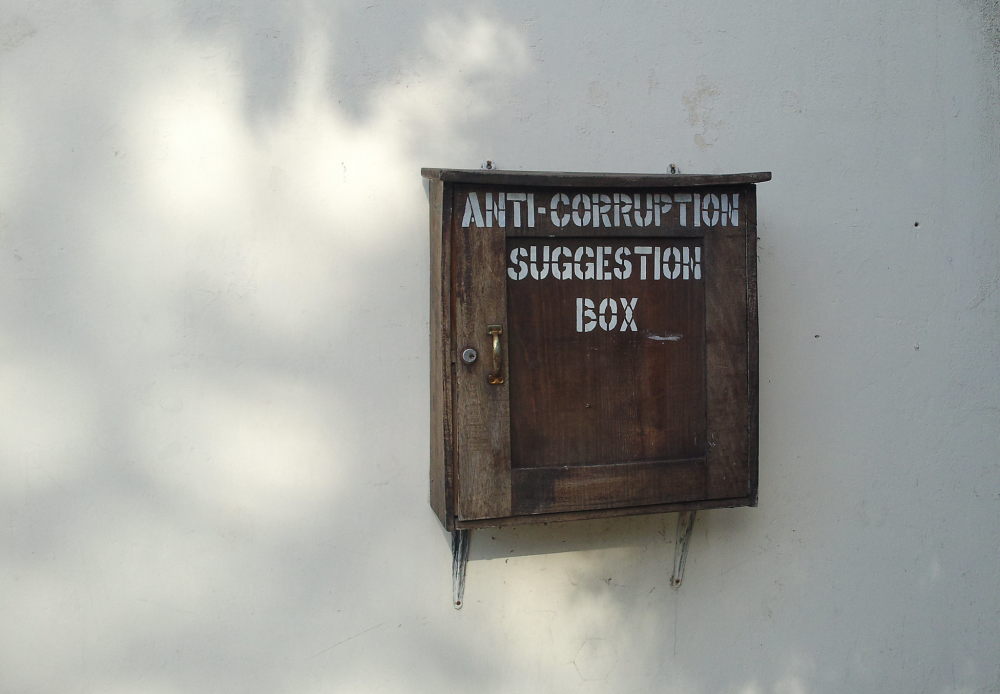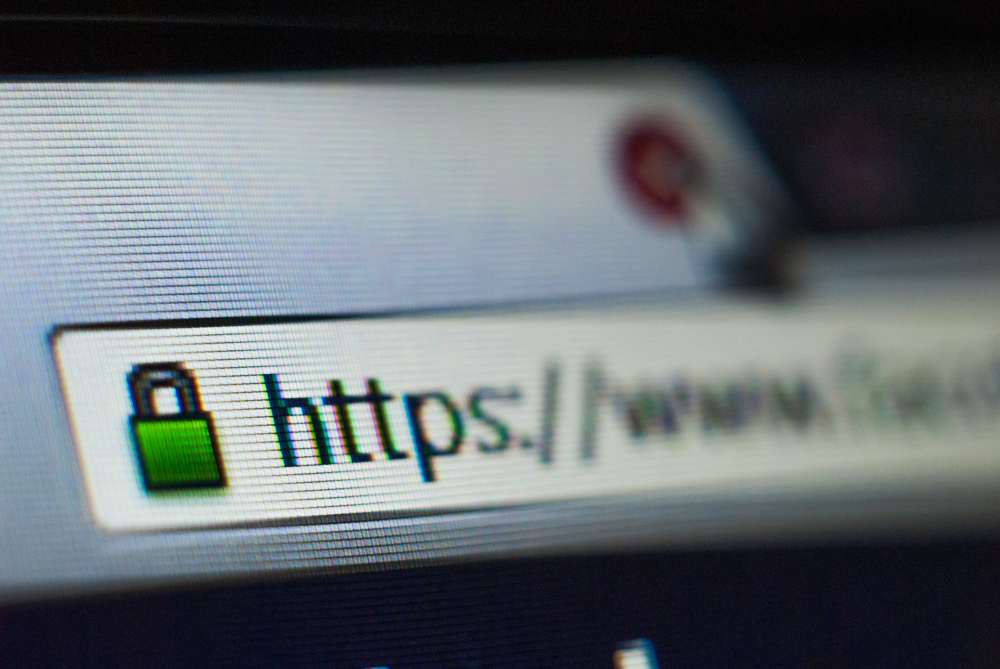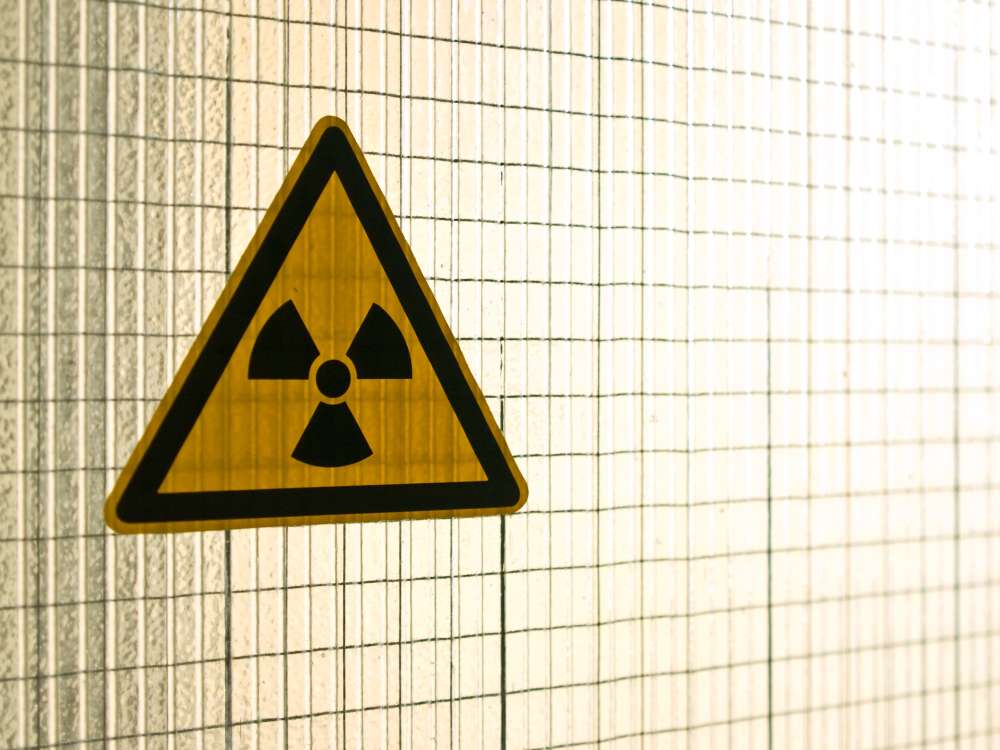Strategic Corruption Is a Security Threat

(Marcel Oosterwijk /Flickr)
Authoritarian states are using weaponized corruption to further their geopolitical objectives abroad. To tackle the issue, Germany needs a holistic strategy to effectively close the loopholes that kleptocrats exploit.
Russia’s war of aggression against Ukraine has been a wake-up call to democratic governments everywhere. The world watches as an authoritarian and kleptocratic government – which is turning into an outright dictatorship – attempts to destroy and annex a peaceful, democratic country. The violence and horror unleashed in the wake of this war belonged to Europe’s past, or so we believed. How has it come to this?
While democratic backsliding has been a major concern for the past decade, democracies, particularly the G7, have failed to tackle this issue adequately. The situation is alarming: according to Freedom House, only two in ten people still live in a free country. In Russia, the elite have progressively subverted and assumed control of the country’s institutions to serve their own economic interests. Western governments have been complacent to Russia’s systemic corruption – largely because we have profited from cheap energy and access to the Russian market. In doing so, Europe has also turned a blind eye to the Russian government’s breaches of international law and disregard for human rights and democratic principles, despite our commitments to safeguarding democracy.
» Authoritarian regimes have found ways of turning corruption into a foreign policy tool. «
In recent years, not only Russia but also China and other authoritarian countries have made extensive use of strategic corruption against Western democracies. These authoritarian regimes have found ways of turning corruption into a foreign policy tool to destabilize our societies and capture political and economic decision-makers for their own geopolitical objectives. This form of weaponized corruption is an essential component of the non-military arsenal of modern wars, also called hybrid warfare. Although, at first sight, the harm caused by hybrid warfare is not as obvious as by conventional wars, strategic corruption is pernicious and hampers the ability of a state to make sovereign decisions.
Russia’s Corruption Leverage
Germany has been one of the main targets of this form of corruption, as it is the economic powerhouse of Europe and exerts considerable influence within the European Union. In relation with its energy policy, Russia has appointed ex-German Chancellor Gerhard Schröder to numerous well-paid positions at Nord Stream AG – a consortium in which Gazprom holds a majority stake – and Rosneft. As a result, Schröder has used his influence to lobby for the construction of two controversial pipelines, which led to disputes within the European Union and Germany over energy security. Sowing division among EU member states is one of Russia’s key objectives.
Gerhard Schröder may be one of the most prominent cases of elite capture in Germany, but as a recent investigation from Correctiv shows, other high-profile politicians have also furthered Russia’s energy policy. Some examples include Manuela Schwesig, the Minister President of the German state of Mecklenburg-Vorpommern, and a network of NGOs and firms, such as the VNG AG in Leipzig. The most striking example of Moscow’s civil society subversion in Germany is the Foundation for Climate and Environment Protection MV, which was established by the state of Mecklenburg-Vorpommern with a majority stake held by a subsidiary of Gazprom. This organization misused its legal form to circumvent sanctions and ultimately establish the Nord Stream 2 pipeline. These lobby activities have resulted in Germany’s overreliance and dangerous dependency on Russian gas and oil, which has been made abundantly clear through its struggle to decouple from Russian fossil fuels since February 24, 2022. These activities also undermine citizens’ trust in democratic institutions and reinforce the impression that politicians are corruptible.
Key Points:
- Authoritarian states use weaponized corruption as a foreign policy tool to further their own geopolitical objectives – and Germany is a major target.
- To tackle strategic corruption, Germany needs a holistic strategy to effectively close the loopholes that kleptocrats exploit.
- Germany should use its upcoming National Security Strategy to announce a cross-ministerial initiative to counter corruption and promote integrity.
Another disturbing example of Russia’s tactics includes the actions of Member of Parliament Markus Frohnmaier from Germany’s far-right Alternative für Deutschland (AfD) party, who, according to multiple reports of internal Russian documents, received material and media support from Moscow during his 2017 federal campaign and is allegedly “completely controlled” by the Kremlin. As of now, no investigation has been launched into these reports and Frohnmaier remains in office, continuing to defend the Kremlin’s interests within the German Parliament.
Moscow’s state-sanctioned interference goes far beyond co-opting a handful of decision-makers. Russia also provides financial and material support to far-right parties across Europe – such as the National Rally in France, the Lega in Italy and the Fidesz in Hungary – which then become vocal supporters of the Kremlin’s politics. The leading example is the National Rally’s 9.4 million euro loan from a private Russian bank with ties to the Kremlin. This instance constitutes a direct financial interference by Russia in the political processes of another country via a private business surrogate. Had Marine Le Pen won the presidential elections in France this year, Moscow could have leveraged her party’s debt to influence French politics.
After successfully employing strategic corruption to push Western countries, in particular Germany, to depend on Russian energy, Putin’s kleptocratic regime grew confident that it could invade Ukraine with impunity. And the lukewarm reaction of Western governments after the annexation of Crimea comforted the regime in this delusion.
A Holistic View to Countering Corruption
What lessons does this cautionary tale hold for Germany’s national security strategy? It is imperative that Germany, like the United States, makes clear that countering corruption – and particularly strategic corruption – is a matter of national security. Indeed, while we have focused on Russia’s use of strategic corruption, it is not the sole authoritarian country to integrate corruption as a core element of its foreign policy to further its interests, with numerous examples involving China, Turkey and Azerbaijan.
What Berlin should take from this: Germany needs a holistic strategy to effectively counter corruption. To get there, it must enhance cooperation among its ministries and with other democratic states – especially with member states in the G7 and the European Union – to close the loopholes that kleptocrats exploit. A few examples of these loopholes include the weak regulations around conflicts of interests and cooling-off periods for Members of Parliament, ministers and their staff, as well as the lack of transparency concerning campaign and political financing. This is particularly true when it comes to sponsoring and so-called ‘parallel actions’ – i.e., supportive actions organized in favor of one party, but without its direct involvement.
» Germany needs a holistic strategy to effectively counter corruption. «
Germany should emulate the United States by showing how corruption also affects other key security issues, including the climate crisis and military defence, and use its National Security Strategy to announce a cross-ministerial initiative to counter corruption. The objective of such an initiative would be to develop actionable recommendations to address Germany’s well-documented deficits and weaknesses in the fight against corruption. This initiative could also pave the way for a national strategy on countering corruption.
Tackling corruption and promoting integrity must be the cornerstone of democratic governments’ actions if they are to counter authoritarianism and strengthen democratic resilience successfully. Here, also, Germany needs a Zeitenwende.
Mickaël Roumegoux Rouvelle
Project Manager, Transparency International Germany
Christoph Kowalewski
Anti-Corruption Consultant, Transparency International Germany
Keep on reading

Germany’s Cybersecurity Posture? Let’s Focus on Resilience
Adopting a resilience approach not only means making Germany more secure – it also serves to strengthen global peace and security. By investing in resilience at home, Berlin can act as a norm-setter on the international stage.
